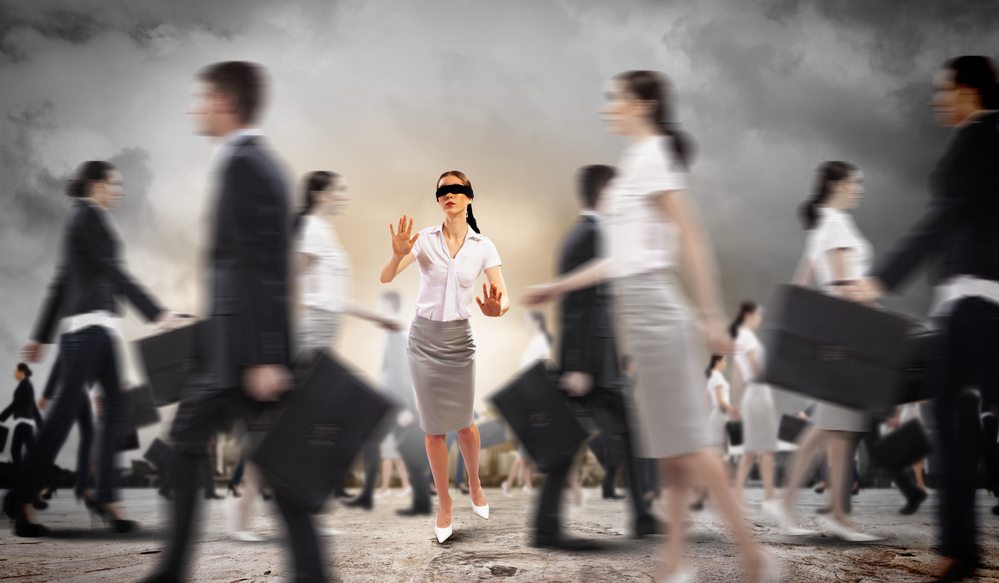As I write this, I’m on a plane, somewhere over the Pacific Ocean, headed home to Portland. We’ve hit quite a bit of turbulence along the way, generating intense spasms of anxiety across the aisles. All of which made me start wondering: Why do we fear flying? Why do so many of us rank flying right up there with having a colonoscopy, when we don’t think twice about driving?
Flying, after all, has never been safer. 2017 was the best year in history for commercial flight safety. If you step foot on an airplane today, the probability of a fatal accident is 1 in 16 million. Driving, in contrast, is one of the most dangerous things we do on a daily basis. Roughly 1.3 million people die every year in car accidents.
I can go on, but I won’t. You already know: Flying is exponentially safer than driving.
Yet telling someone that they should “sit back, relax, and enjoy the flight” can feel like being ordered to stay dry in a rainstorm. We suffer airplane rides more than we live through them. I’ve seen it all, when faced with a heavy patch of turbulence: People calling out for the good Lord, clutching the seat in front of them, or grasping my arm as if I’m the only thing standing between them and a 35,000 foot free fall.
The causes for this are multiple. We let our emotions drown out the facts. We don’t feel in control. We can’t see the front of the plane. It defies common sense (though not common physics) for a 80,000 kg airplane to become airborne and stay airborne.
These causes are exacerbated by much of the media—which is now officially in the business of building a dystopia. Tune into any local channel, and if you watch long enough, you’ll hear a variant of the following: Why your sunscreen may be killing you. Stay tuned for news at 8. So we stay tuned, while glancing at the grim reaper lurking in that plastic bottle we picked up on vacation.
As humans, we’re far more attuned to pay attention to morbid news. The media does a spectacular job of exploiting that vulnerability with a flood of sensation and scandal. As Steven Pinker puts it, “[The news] is always about events that happened and not about things that didn’t happen.” The absence of a terrorist attack is not news. The lack of violent unrest isn’t either. The 100,000 airplanes that take off and land safely each day are too mundane to report on (Breaking news: Flight from New York to California lands safely. Stay tuned for exclusive interviews with the crew and passengers.).
What’s more, the media places undue focus on aviation accidents, which distorts our perceptions. A helicopter crash in New York that resulted in five fatalities? Continuous fuel for multiple days of coverage. The car accidents that took 3,500 lives on that very same day? Meh.
With the media deluge that follows each aviation accident, it feels like they happen far more often than they do. This results in part from the availability bias. We tend to incessantly focus on the facts in front of us and neglect other facts that may be hidden in a blind spot. For example, the number of people who purchase earthquake insurance skyrockets right after a major earthquake. Affected by the availability bias, people overestimate the probability of an earthquake and rush off to buy insurance to cover potential losses. As the psychologist Daniel Kahneman puts it, “Nothing in life is as important as you think it is while you are thinking about it.”
The same sensationalism that drives an irrational fear of flying also results in an irrational lack of fear of driving. Car accidents rarely make the news, so we assume they’re unlikely to happen. Instead, we become complacent. We text while we drive. We get lost in our mental chatter and stop paying attention.
The next time you’re in your car, put your cell phone away and your hands in the 9 and 3 positions (not the 10 and 2, as conventional wisdom suggests). And the next time a piece of breaking news causes your heart to do a somersault, ask yourself: What’s missing? What information is being withheld? What I am not seeing that I should be seeing?
Now, if you’ll excuse me, I’ve got a flight to enjoy.



